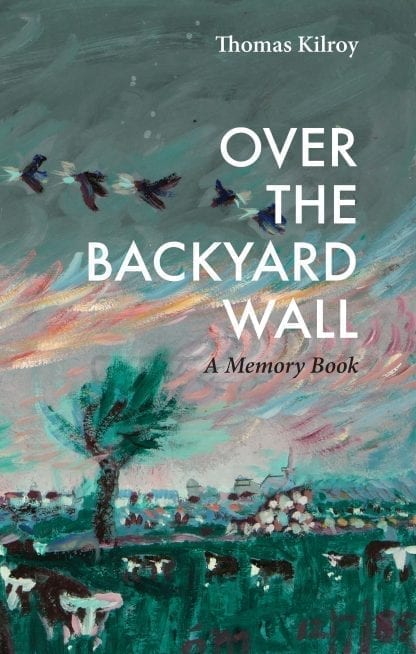
Over The Backyard Wall
A Memory Book
By: Thomas Kilroy
Publication Date: 1 Nov 2018
€15.00
From this mosaic of memory a self-portrait emerges that takes Thomas Kilroy, a child of Hitler’s war, from his upbringing in Callan to the threshold of his career as one of Ireland’s most distinguished living playwrights. The frontier town of Callan was a crucible of Ireland’s War of Independence. Kilroy’s pro-Treaty father was a police sergeant who found solace in greyhounds and gambling and his mother was anti-Treaty . They were emblems of divided loyalty in a newly independent country.
According to Thomas Kilroy, this captivating memoir materialized in response to a cataract operation in 2006. This shocked his memory into being and imparted him with a uniquely tactile and sensuous perception of his own past.
Over the Backyard Wall describes a coming of age embodied by escape, self-discovery and a struggle to contend with the rigid culture of a small Irish town in Co. Kilkenny during WWII, with parents representing both sides of the civil war conflict of the 1920s. He describes encounters with fellow Kilkenny artists Tony O’Malley and Hubert Butler. He meets writers such as Flannery O’Connor during his tour of the southern US states in the 1950s.
In keeping with Kilroy’s previous works, Over the Backyard Wall utilizes the silences of the past to liberate the imagination. The work makes use of social and political history to reinvigorate the shard-like nature of his own narrative memory.
Kilroy’s journey of self-discovery began in St Kieran’s College, Kilkenny, where he encountered Anew McMaster staging his fit-up Hamlet. He then attended University College Dublin where he became auditor of the English Literature Society. During the 1960s he taught at Stratford College (the Dublin Jewish School) and in the USA, at the University of Notre Dame and Vanderbilt University. Back in Dublin as a junior lecturer at UCD in 1967 he won a BBC Northern Ireland play competition. This set the stage for his remarkable work and a renaissance of new drama in Dublin alongside Brian Friel, Tom Murphy and Hugh Leonard.
Thomas Kilroy’s plays include The Death and Resurrection of Mr. Roche (1968), The O’Neill (1969), Talbot’s Box (1977), Double Cross (1986), The Secret Fall of Constance Wilde (1997) and The Shape of Metal (2003). Kilroy was a board member of The Field Day Theatre Company, founded by Brian Friel and Stephen Rea in Derry in 1980.
His novel The Big Chapel was shortlisted for the 1971 Booker Prize and won the Guardian Fiction Prize and the Heinemann Award for Literature in the same year. Kilroy was elected a Fellow of the Royal Society of Literature in 1972 and an honorary Fellow of TCD in 2011. He is Professor Emeritus of Modern English at NUI Galway.
Read an interview with Thomas Kilroy.
| ISBN | 9781843517498 |
|---|
| Weight | 0.5 kg |
|---|---|
| Dimensions | 216 × 136 mm |
| Format | Paperback w/ flaps: 240pp |
| Publication Date | 1 Nov 2018 |

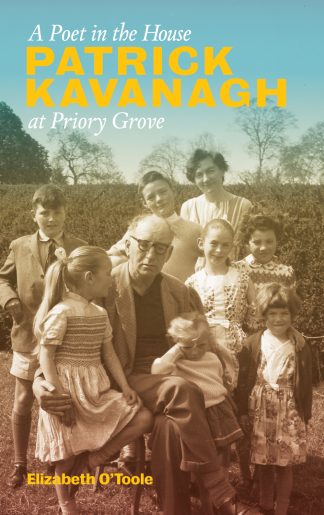
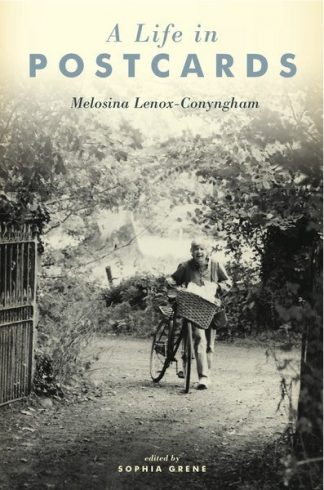
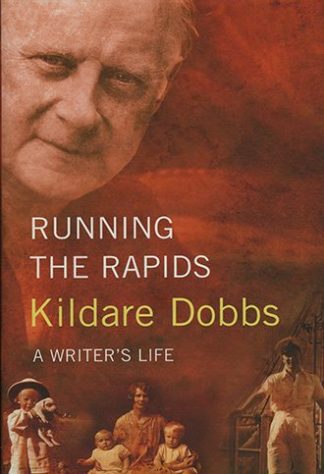
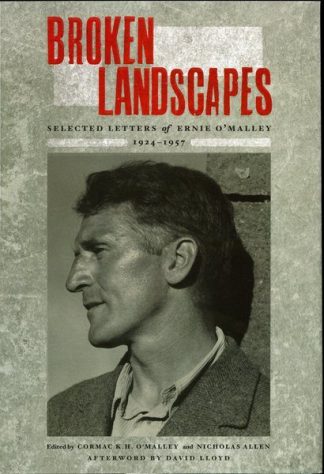
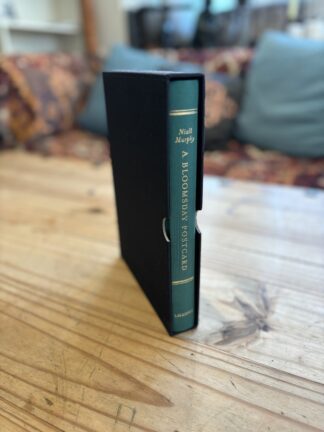
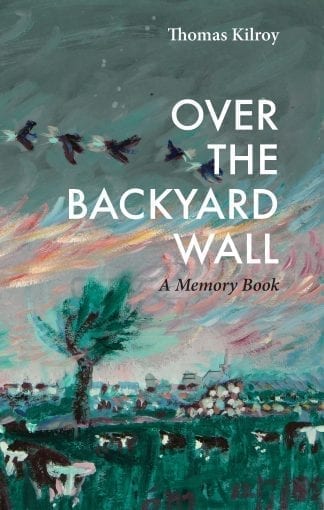
Lilliput Press –
Kilroy is nothing if not unrelentingly honest in his work and in his person. He doesn’t boast about this in the book, but it emphasises the deep quality of his observations, in which the eye is a vital element. He is neither a spectacular nor a demonstrative writer. The lack of dazzle is in fact one of the book’s main attractions, because Kilroy’s level tone enables him to put cogent arguments slowly and persuasively, where a more pyrotechnic confession might fizzle unconvincingly. Shining through are his honesty, scepticism and ability to love. This love is illuminated by affectionate pen-portraits of painter Tony O’Malley, essayist Hubert Butler, short-story writers Mary Lavin and John Jordan and academic Roger McHugh.
The dryness of Kilroy’s wit is evident when, in a lavatory in TCD, Saul Bellow tells him that he and John Fowles had been outvoted in proposing Kilroy’s novel The Big Chapel for the Booker Prize. “I’ve never had a comparable experience in a men’s toilet before or since”.
Richard Pine – The Irish Independent
Lilliput Press –
The claims of memory here are never absolute and the past always seems intriguingly provisional. And yet it is evoked with such vibrancy and fixed with such keen intelligence that we can but hope for a second volume in which this fractured story continues.
Fintan O’Toole – The Irish Times